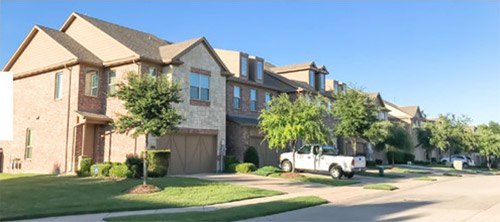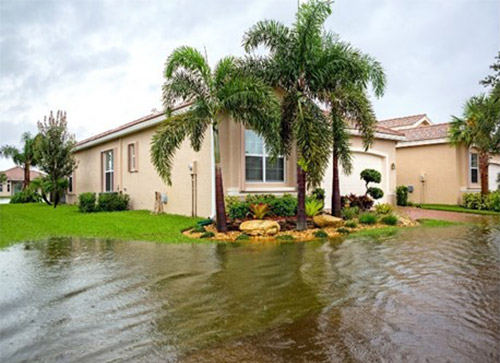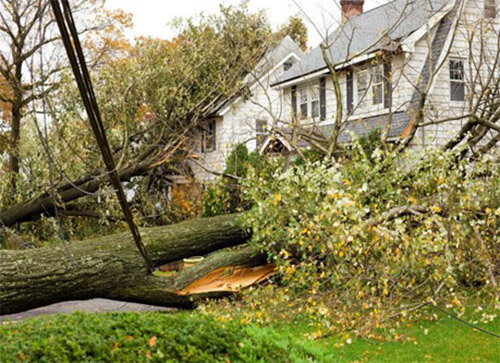Special Assessments for Landscape Improvements - The Good, The Bad, The Ugly - Sit Down with CEPRA
It is the duty of the Board to work within the Association's financial restraints to the best of their capabilities. But sometimes, a special assessment can be seen as inevitable in order to complete an important project for the community. Special assessments are often issued to an HOA's residents when the Association is underfunded for a large project that takes up a lot of capital. This can be due to budget constraints, inflation, lack of reserves, or even natural disasters. Often, boards pass special assessments to fund operating deficits, replenish reserves, pay for insurance premiums, or to address unanticipated expenses like a hurricane or a legal dispute.
Below, we offer our insight into whether a special assessment would be recommended for a situation in the landscape, as well as any alternative funding options to consider.

The Good
A landscape's needs are especially dependent on the needs of the community. With changes in available resources, scope of work, and even legislation, there may come a time when the budgeted reserve for landscaping does not meet the price set in the contract. As a result, the Association may need to implement a special assessment to make up the difference in the first year, before more accurately adjusting the annual HOA dues. This is an instance where a special assessment is reasonably justified since it creates a noticeable positive impact on the community which the community itself requested. In an instance like this, it is important to discuss the contracted price with the landscape contractor, and see if there is room for negotiation to alleviate the impact of the special assessment. A scope can be ramped up across a number of years - for example, reducing mulching down to one year or to only the fronts of buildings, or utilizing quarterly irrigation inspections on homes - until more money can be allotted in the HOA's budget.

The Bad
Special assessments should be treated as an absolute last resort - not a common charge. There are certain landscape projects which we strongly discourage from the use of special assessments. Special assessments should not be levied for beautification projects. This includes mulchings, annuals, and plant replacements. This is something that the Association should save up for in their reserves. If there is an instance where a major enhancement is necessary, such as replacing the old, outdated irrigation system with a more modern option, consider HOA loan options. This allows the Association to pay for the project over time without levying a special assessment on homeowners.


The Ugly
There are times when disaster strikes, and the reserve funds aren't enough to cover repairs. We live in an area prone to hurricanes, and as a result, the possibility of damage from downed trees and flooding is significant. While the insurance claims are being filed and relief is being distributed, there may still be a need to levy a special assessment in order to clear debris more quickly. In these instances, a special assessment is just about unavoidable. Fortunately, disaster relief funding sources, such as government grants, may be available to address the cost of these cleanups. In condos, loss assessment coverage can be added to an individual owner's condo insurance policy to help pay for the additional expense. Ultimately, these situations are unpredictable, and mixing available financing options - such as using the reserves fund and also utilizing an HOA loan - can help reduce the amount needed from homeowners in a special assessment.


Conclusion
Special assessments are in the Association's best interest. They should be levied rarely, discriminatingly, and when other options are not sufficient for the project at hand. At the end of the day, a special assessment is an investment in the community - use it wisely.
Interested in learning more about special assessments? Click here.

